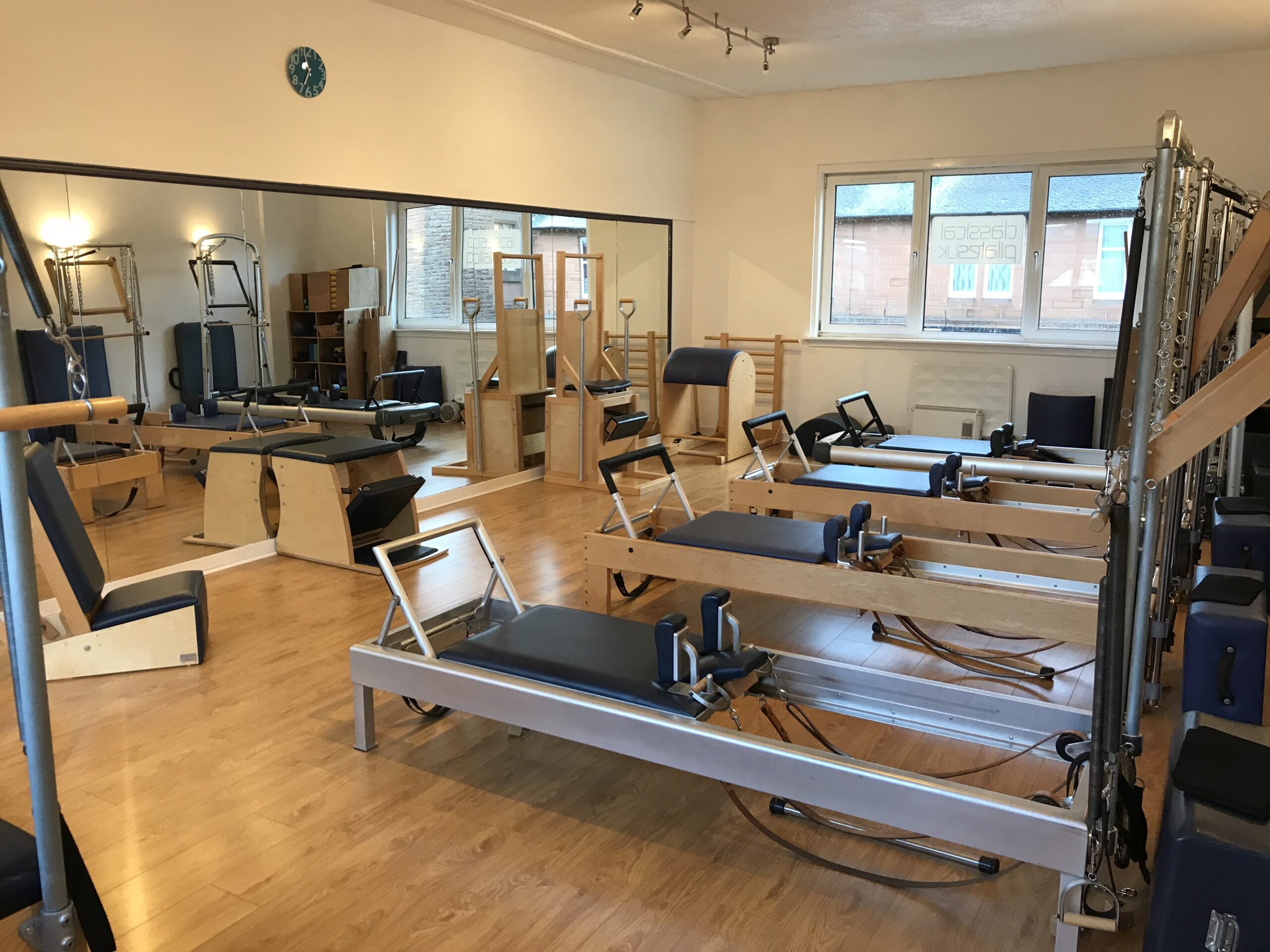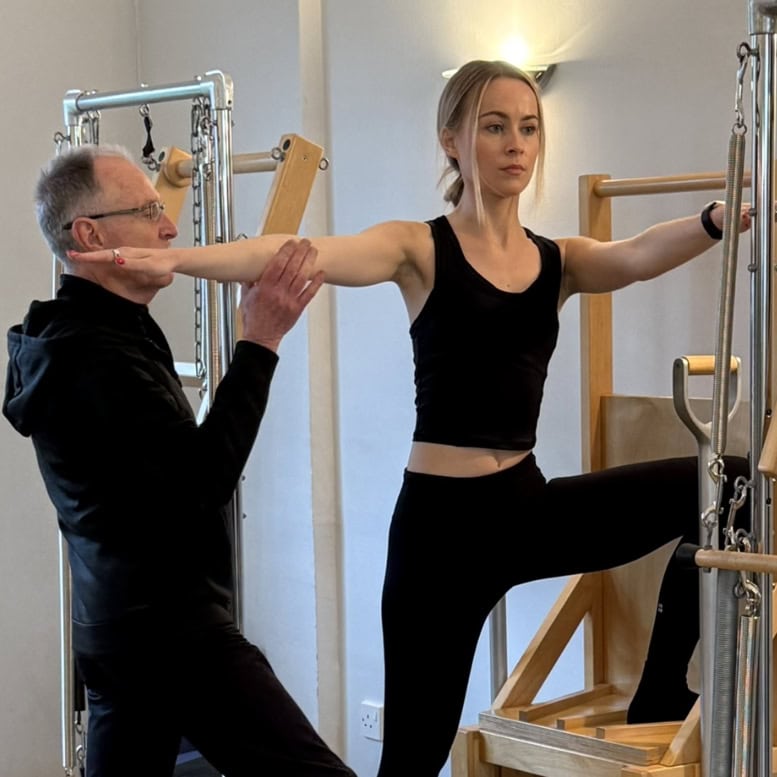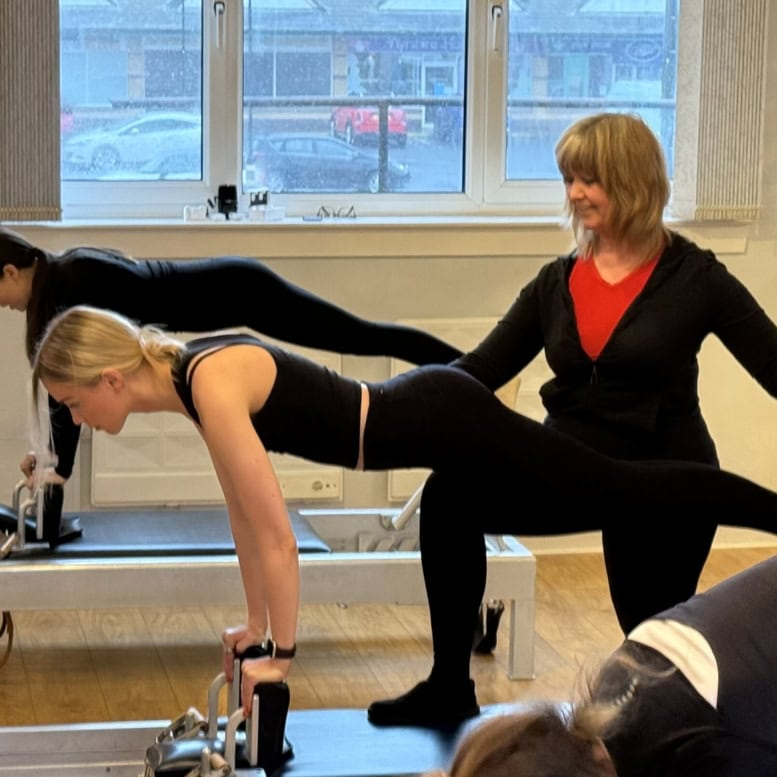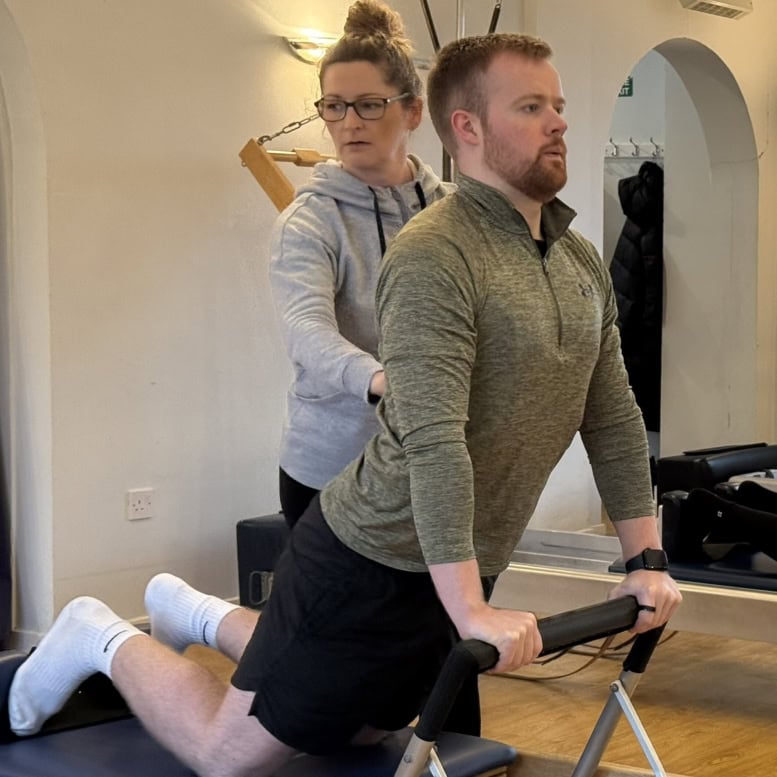The Teaching Team
When working on complex equipment knowing that your teachers are well qualified is essential.

All our teachers hold certificates in comprehensive Pilates teaching and are registered with the Pilates Teacher Association.
Classical Pilates UK
Educate - Inform - Inspire

Don McPherson
Don has 22 years of Teaching and Teacher Training in the Classical Pilates method and is considered “3rd” generation.
He has completed two full Comprehensive Certifications with Peak Pilates and The New York Pilates Studio, working extensively with 2nd generation teacher and Classical Pilates DVD series model and teacher trainer, Junghee Won. Don was also the Supervising Teacher for The New York Pilates Studio Teacher Training programme in the UK.
He also runs the Classical Pilates UK Comprehensive Pilates teacher training programme out of the studio and is the only teacher trainer in Scotland listed on ClassicalPilates.net. Don also holds an Exercise referral certificate.
Don says: “After 20 years of martial arts, I was told I’d need hip replacements by 40 – but thanks to Pilates, there’s no sign of that. Designed by a man for men, it’s a powerful exercise for everyone and ideal cross training for all sports.”

Lesley McPherson
Lesley has 36 years of experience in the fitness industry and the last 22 years specialising in Classical Pilates. Lesley has trained with Peak Pilates and holds the master’s certificate from the Pilates Center of Boulder.
Lesley also holds fitness industry qualifications including Exercise to music, aqua aerobics,Level 4 Back Pain, Exercise referral and assessor and internal verifier. She holds B.A. (Hons) Psychology with sport and is currently completing a Master of Research in Physical Activity and Health at the University of Strathclyde. Her specialist research is in hypermobility and physical activity.
Lesley teaches part-time in the community, in the studio and online.
Lesley says “As a hypermobile woman living with ADHD and Lipoedema, I value what Pilates has continued to enable me to do. I have kept almost all my flexibility, but I have strength to support my loose joints and am mostly free of pain.
The breathing technique and rolling/unrolling exercises help me relax my very busy mind and helped enormously when going through menopause. While I can teach anyone, many of my students are people who don’t really like exercise, may be recovering from injury, life trauma or pregnancy. My mantra is just breathe out..and move.”

Gayle Hogarth
Gayle started at Classical Pilates UK as a student in 2015 at the age of 36.
She used the apparatus to regain posture and build strength after the birth of her first baby. She practiced in the studio weekly through her second pregnancy until week 38.
Gayle says: “The controlled breathing and principles of movement I learned from Classical Pilates helped enormously through a second birth and in October 2020, I began training to be a teacher – swapping the high school classroom for the Pilates studio.
I completed my qualification through Classical Pilates UK and I have been teaching at The Pilates Studio Troon since January 2022.
To move well and feel good in our daily lives is so important and helping others to be stronger and more flexible with efficiency of movement is the joy of the work for me. There is always something new to learn; about ourselves, and our bodies. Find the balance, move to change, practise to progress”.

